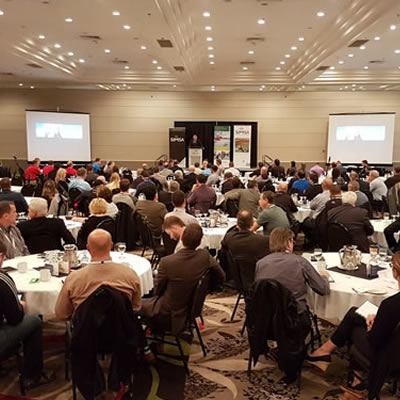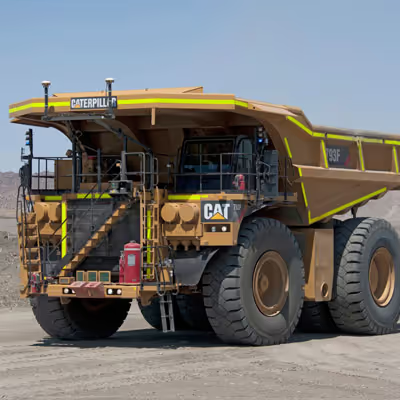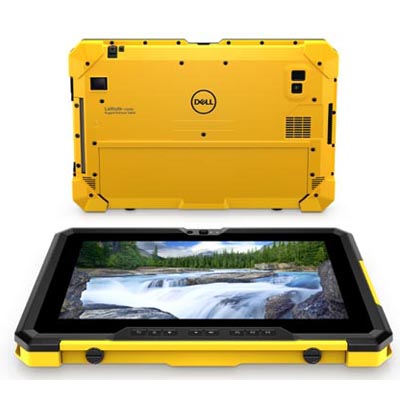SIMSA connects buyers and sellers

The Saskatchewan Oil and Gas Supply Chain Forum was held in October 2017. — Photo courtesy SIMSA “I joke with the members, but it’s true: if you can’
The Saskatchewan Oil and Gas Supply Chain Forum was held in October 2017. — Photo courtesy SIMSA
“I joke with the members, but it’s true: if you can’t pay for your membership in one of our roundtable events, you are probably in the wrong business,” said Eric Anderson, the executive director of the Saskatchewan Industrial and Mining Suppliers Association (SIMSA). The organization currently represents 160 of Saskatchewan’s companies that supply goods and services to mining, energy and industrial projects.
Current membership includes 14,000 workers among those 160 companies. “Our association requires members to have at least three employees in the province, to be registered to pay provincial sales tax and to have a brick-and-mortar business here,” said Anderson. “To be eligible for the board of directors, your corporate head office also needs to be here.”
This provincial focus allows SIMSA to provide valuable experiences to its members, including its roundtable events.
SIMSA’s roundtable events benefit members and the organization itself. The roundtables have grown its membership 120 per cent in the last 14 months.
What is a roundtable? “A roundtable is an event for SIMSA members and the procurement and management staff of a mining company,” Anderson said. It brings buyers and sellers—mining companies and mining suppliers—together. Two weeks before the event, SIMSA submits a list of questions sourced from its members. “Some are fairly pointed and detailed," Anderson said. "It’s a chance to ask questions that are harder to ask personally.”
These members-only events begin with a short networking window, include lunch and are followed by a presentation from the guest company. “The senior executives give a presentation using the questions as direction,” said Anderson. This could include the buyers’ procurement process, project plans or insight to any specific situations. Another networking session completes the event, so people have the chance to ask more questions to the guest company.
The benefits of these events are obvious: local connections and valuable experience. “Some of our members are smaller companies, so it builds confidence in that company,” Anderson said. “Fill in details, get questions answered and build a rapport.” The mining companies benefit as well. “The mining companies like these events because they know they are working with local suppliers.”
SIMSA’s current members are excited about these opportunities. “After one of the roundtable events, the members were thrilled to see all of the PotashCorp managers in one room,” he said. “You just don’t see that often.” It’s an opportunity to have direct access to the right people, ask them questions and find out what they need.
SIMSA also hosts educational events for members across the industry. These are valuable learning opportunities for smaller companies in the province that need experience interacting with larger companies in their industry. “It’s an opportunity for our members, who are the suppliers, to learn from the buyers what they need, as well as how to work with them,” Anderson said. In terms of a provincial scale, SIMSA co-ordinates with other groups to organize mining and oil and gas forums. These include presentations and networking and are open to anyone in the supply chain.
The goal of these events is to build the province’s economy. “There’s only a few ways for the money to stay here,” Anderson said. “One is hiring local people; the second is paying taxes and royalties on that money; and the third is spending money on local businesses who supply goods and services.” By connecting suppliers with the procurement teams of Saskatchewan’s largest companies, SIMSA works towards this goal.
SIMSA started with a focus in the mining sector but has grown into oil and gas because many of its members had the capacity to—or already did—support both sectors. The organization has started to move into general manufacturing as well. As for the future, aerospace and defence are potential areas to expand into.
“We are looking at that right now,” he said. “If you think about it, a machine shop or a welding company deals with metal in high-pressure situations for large structures. A lot of that could be military too.” The permitting, processes and materials differ slightly but the skills and tools are the same.
The growth of the suppliers within the industry is a community effort. “We have grown incredibly fast with the help of the mining companies and the Government of Saskatchewan,” said Anderson. “First, our government is very supportive of local procurement, and they helped build this association from the very beginning.” Second, SIMSA is thankful to the mining companies that agreed to participate in the roundtable events. “Their co-operation and participation make it all possible.”




